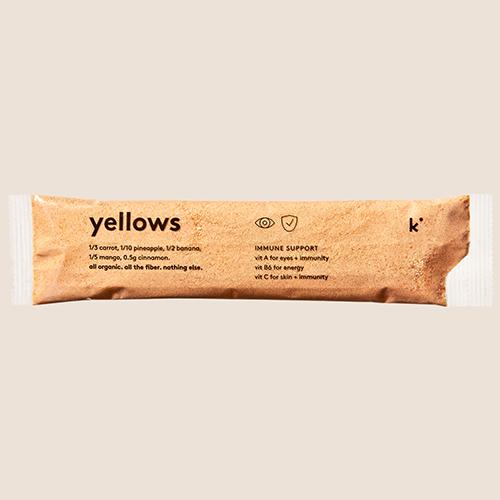Why we love coconut water
Find out why we added coconut water to our latest smoothie flavor, and meet the people who supply us with juicy, organic coconuts.
Find out why we added coconut water to our latest smoothie flavor, and meet the people who supply us with juicy, organic coconuts.
The coconut palm might just be the most useful plant in the world. In fact, it’s got the potential to be a genuinely zero-waste crop. It supplies nourishment in many forms: from the nut, we get coconut meat - which in turn yields coconut milk, oil, and flour - and coconut water; the tree’s sap can be made into sugar - and even vodka! The roots, leaves and husks can be brewed up to make herbal tonics, used in traditional medicine. The leaves can be woven into baskets, and the coir (husks) into mats; the shells make excellent bowls, and the sturdy wood is used to construct houses, bridges and canoes. If there’s anything left over after that, we can’t imagine what it is!
Nutritional highlights
The part of the nut we use in our new limited edition peaches smoothie is the coconut water - yes, you can freeze-dry it! We particularly value its naturally-occurring electrolytes that are essential for everyday bodily functions, as well as replenishment after a sweaty workout. Electrolytes are minerals responsible for regulating fluid and pH balance, helping with muscle contraction and ensuring proper transmission of signals from your brain to the rest of your body.
The electrolyte minerals found in coconut water include potassium, which is responsible for regulating heartbeat, lowering blood pressure and preventing muscle cramps; sodium, which is essential for maintaining fluid levels and maintaining blood pressure; and calcium and magnesium which play a role in bone health, as well as the contraction of muscles.
What's more, coconut meat and milk are great sources of natural sugars, which our bodies require for quick energy, as well as iron and copper, which help form red blood cells and transport oxygen throughout the body. Coconut meat is also a source of healthy fats (specifically medium-chain triglycerides, or MCTs) and dietary fiber, both of which help maintain blood sugar levels.
Meet the farmers
Although industrial-scale production of coconuts is harmful to biodiversity, when grown sustainably, it’s a very low-impact crop. It doesn’t need pesticides, herbicides or extra water and it can only be harvested by hand. Unlike most seasonal fruits, coconuts can be picked all year round, making them a steady source of income for farmers.
We currently source our coconut water from organic farmers Megha and Raju in Tamil Nadu, India. Megha’s family has been growing coconuts for over 50 years on their land in the middle of the jungle, and she has been in charge for almost 10 years.
Raju told us, “Growing coconuts organically, the way we do, makes a lot of sense. If they are allowed to grow naturally, surrounded by other native plants such as cocoa and mango, coconut palm trees live for many years, giving a higher yield without the need for watering or fertilizers.” Respecting the natural biodiversity of the land is a win-win for Raju and Megha, resulting in delicious, premium-quality coconuts that are in demand all over the world.
there's more good content where that came from
